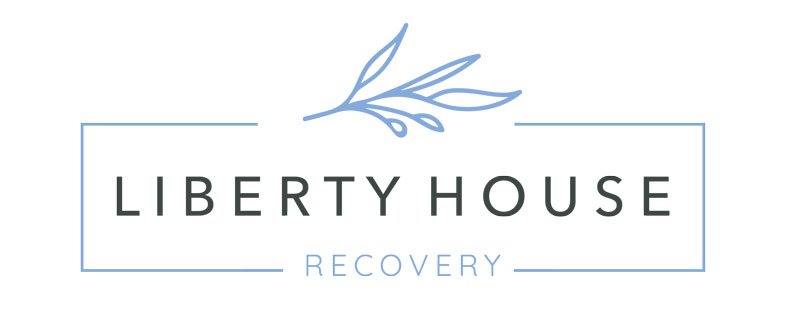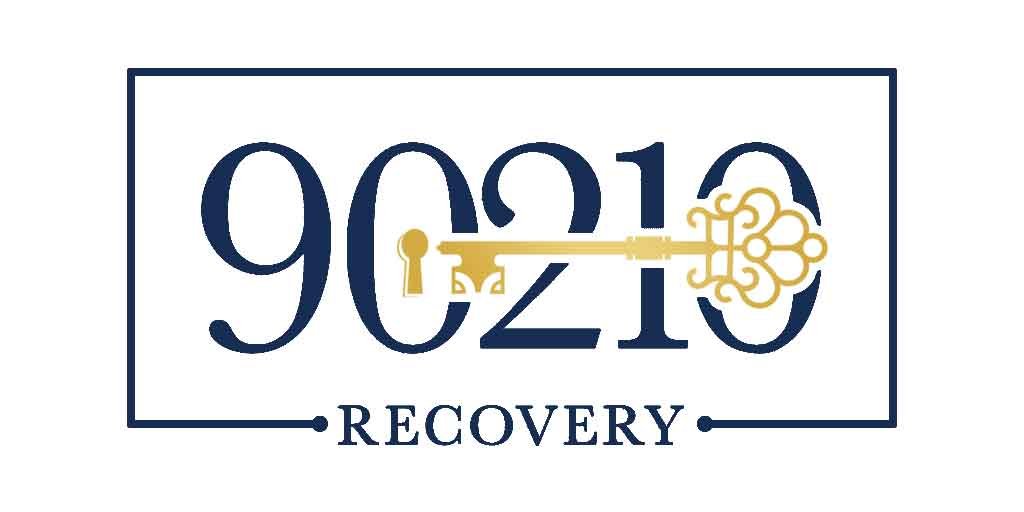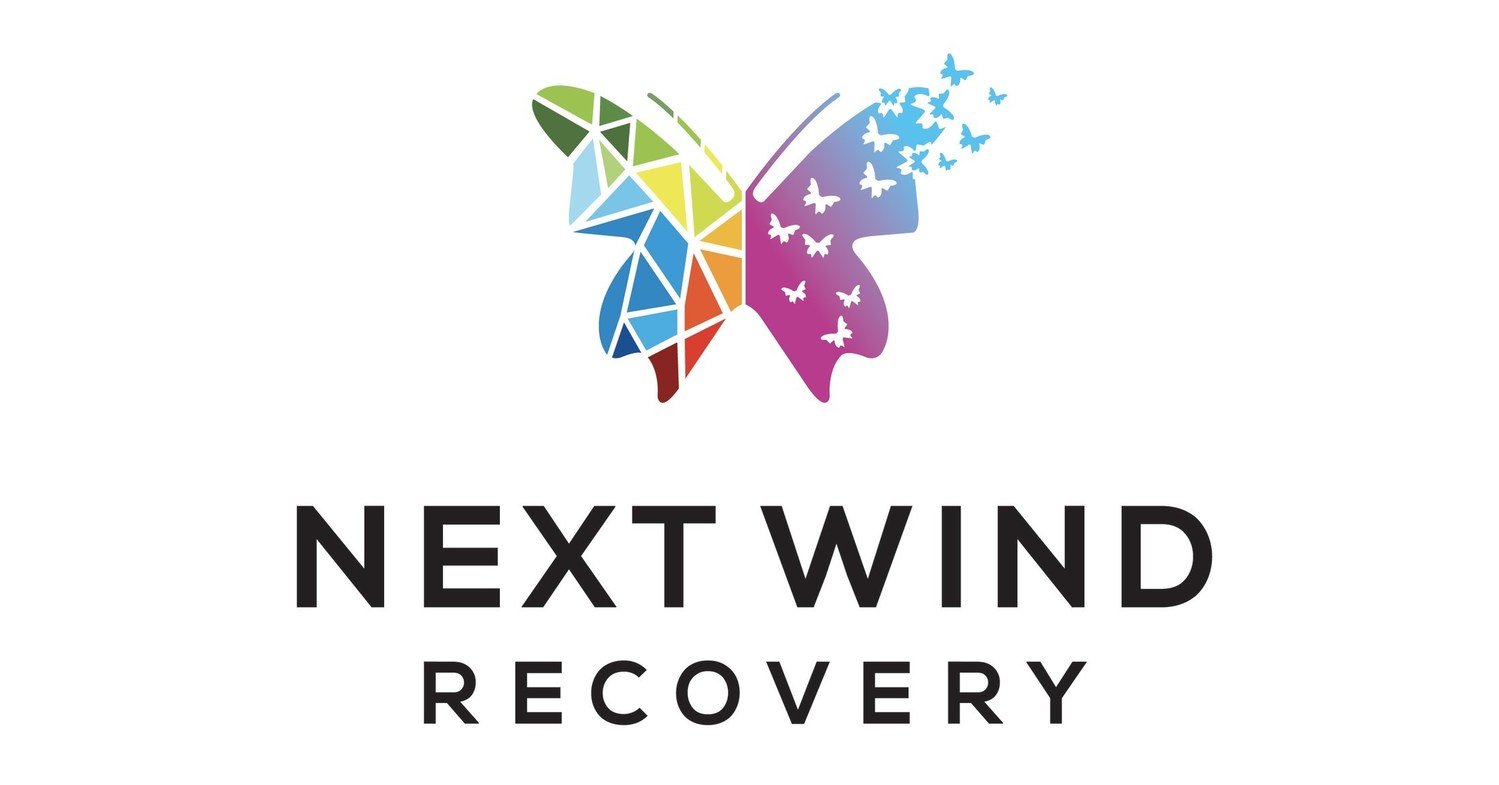How to Fund Your Rehab: Financing Your Startup in 2025
Securing funding is the single biggest hurdle for most new rehab centers. Only one in four startups manage to secure the capital they need, according to Jobera, often stalling before they even open their doors.
The reality? Banks are cautious, grants are competitive, and investors expect a clear path to profitability. But that doesn't mean funding your rehab is impossible; it just means you need a strategy.
If you're serious about launching an inpatient treatment center, understanding how to fund your rehab is just as critical as choosing the right location or hiring the best staff. This article breaks down practical 2025 financing options, covering everything from government grants to private loans, so you can take the next step with confidence.
The Costs of Opening a Rehab Center
Opening an inpatient treatment center takes a serious financial commitment. Many people underestimate how much it actually costs.
The total can range from $500,000 to $5 million, depending on the size, location, and level of care provided. Without a solid plan, even the most promising rehab center can run into financial trouble before it gets off the ground.
Key Expenses to Expect
Starting with a clear budget helps avoid surprises. The main costs include:
Purchasing or leasing a building that meets zoning and licensing requirements
Fees for state approvals, CARF, and Joint Commission accreditation
Salaries for medical professionals, therapists, case managers, and administrative staff
Beds, medical equipment, therapy rooms, and common areas
Liability coverage and legal requirements for patient care
Website development, SEO, and lead generation for patient admissions
Planning for Financial SustainabilitY
Spending money upfront is just part of the equation. A rehab center also needs a plan to stay profitable.
That means setting realistic patient intake goals and securing insurance reimbursements, which can take time. Without proper cash flow, new centers often struggle in the first year.
Traditional Funding Options
Figuring out how to start a rehab often starts with traditional financing methods. Banks, investors, and government-backed loans can all help, but each option comes with conditions.
Securing Startup Loans from Banks
Many rehab owners apply for business loans to cover property and operational costs. Banks typically require:
A strong credit score (usually above 680)
A detailed business plan showing projected revenue
Collateral, such as property or equipment
Personal investment from the owner
SBA loans are another option. The Small Business Administration offers low-interest financing for healthcare businesses, though approval can take several months.
Finding Private Investors
If securing startup loans isn't possible, private investors might be an alternative. Investors usually expect:
A percentage of ownership or future profits
A clear growth strategy and financial forecast
Evidence of demand in the local area
Rehab centers in areas with high overdose rates or limited treatment options tend to attract more investor interest.
Self-Funding & Personal Loans
Some people use personal savings or take out home equity loans. This route offers full control but comes with high personal risk. It's an option for those who already have business experience and confidence in their ability to generate steady revenue.
Government Grants and Public Funding
Grants offer free money, but competition is fierce. Applications often require extensive documentation and strict eligibility criteria.
Financing Options for Rehab Centers
Several public funding sources support addiction treatment facilities. These include:
Substance Abuse Prevention and Treatment Block Grants (SABG) are state-run programs that fund community-based treatment services
SAMHSA Grants are federal funding for medication-assisted treatment and expanding inpatient services
Some states offer funding programs for rehab expansion and overdose prevention
How to Increase Grant Approval Odds
The application process takes time and expertise. Strong grant proposals include:
A clear business plan with a focus on patient outcomes
Data showing local demand for addiction treatment
Partnerships with community health organizations
Many grants require matching funds, so having other startup funding solutions in place can improve the chances of approval.
Alternative Funding Sources
If traditional loans and grants don't work, alternative financing methods might fill the gap. The rehab industry trends show an increase in crowdfunding, nonprofit models, and revenue-based funding.
Crowdfunding and Community Support
Crowdfunding platforms like GoFundMe and Kickstarter allow businesses to raise money through donations. Some treatment centers have successfully raised $50,000 or more by sharing personal stories and connecting with community advocates.
Nonprofit Conversion & Philanthropy
Some rehab centers operate as nonprofits to access donations, endowments, and tax-exempt funding. The process involves:
Filing as a 501(c)(3) nonprofit organization
Establishing a board of directors
Meeting strict reporting requirements
Revenue-Based Financing
Unlike traditional loans, revenue-based funding allows centers to repay investors based on monthly income. This option is growing in popularity because it reduces the burden of fixed loan payments.
Building a Sustainable Financial Model
Securing funding is just the beginning. Long-term success depends on financial management and steady patient admissions.
Budgeting for Profitability
Many new rehab centers fail due to poor budgeting. Common mistakes include underestimating payroll costs, overspending on marketing, and not preparing for delays in insurance reimbursements.
A realistic budget includes:
Fixed costs including property, salaries, insurance, licensing fees
Variable costs such as patient care, supplies, marketing
An emergency fund of at least 6 months of operating expenses
Leveraging Insurance Reimbursements
Most rehab centers rely on insurance reimbursements for revenue. This process is complex, and delays can create cash flow problems. Many facilities hire third-party billing services to manage claims efficiently.
Marketing for Growth
No matter how well a center is set up, it won't succeed without marketing. A mix of SEO, paid ads, and community outreach helps fill treatment beds consistently. Rehab business growth depends on getting the right message in front of people who need help.
Let's Discuss How to Fund Your Rehab
Starting an inpatient rehab center is no small task, and securing funding is often the biggest challenge. From startup funding solutions like SBA loans and private investors to 2025 financing options like government grants, there are multiple paths to getting the capital you need.
That's where The Drug Rehab Agency comes in. We set rehab centers up for success with grant writing services, insurance billing solutions, and full-scale marketing strategies designed specifically for the addiction treatment industry.
If you need expert guidance on how to fund your rehab, we're here to help. Contact us today to take the first step toward building a rehab center that makes a real impact.








